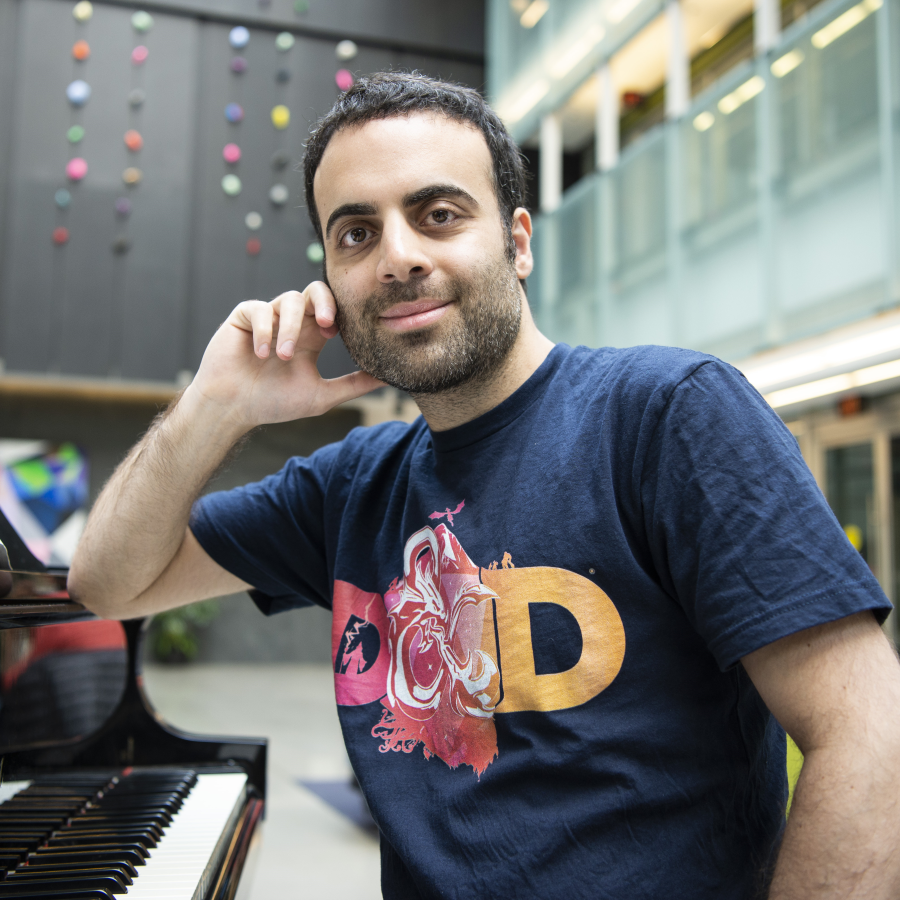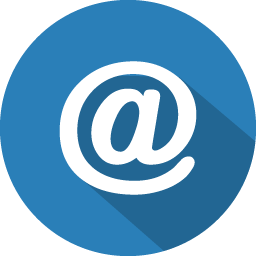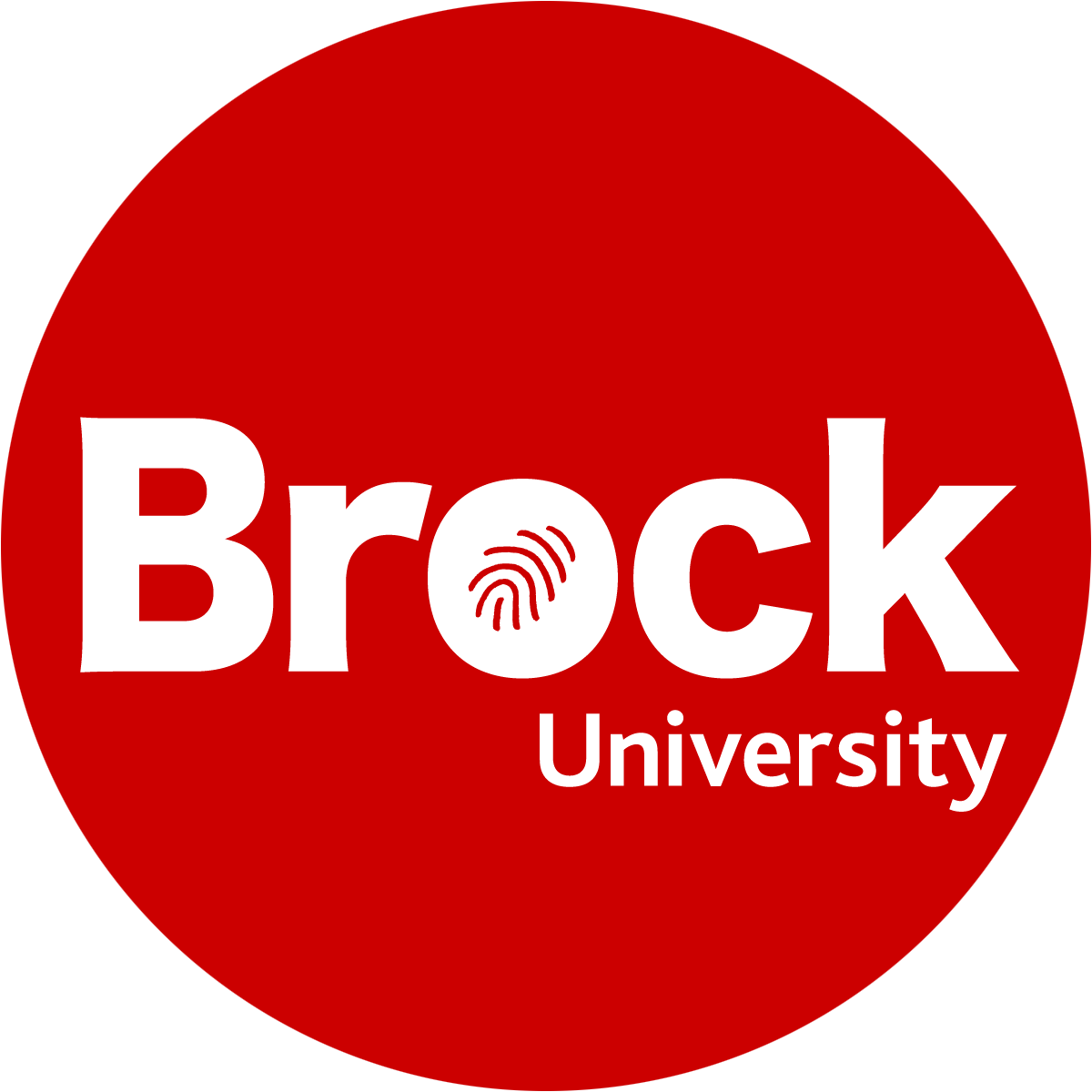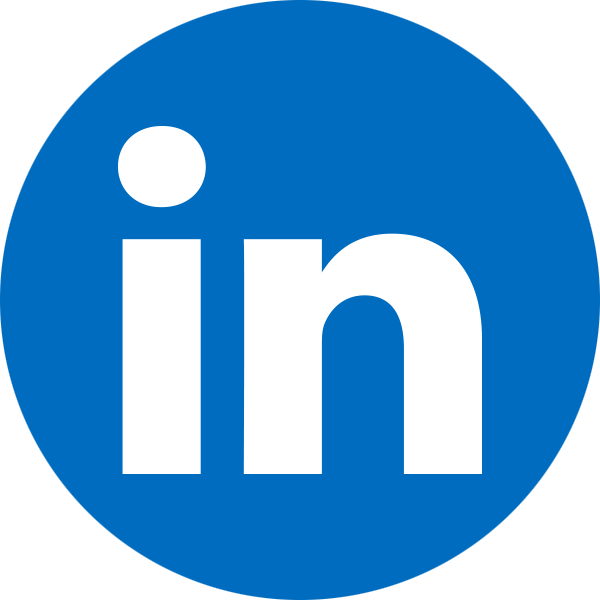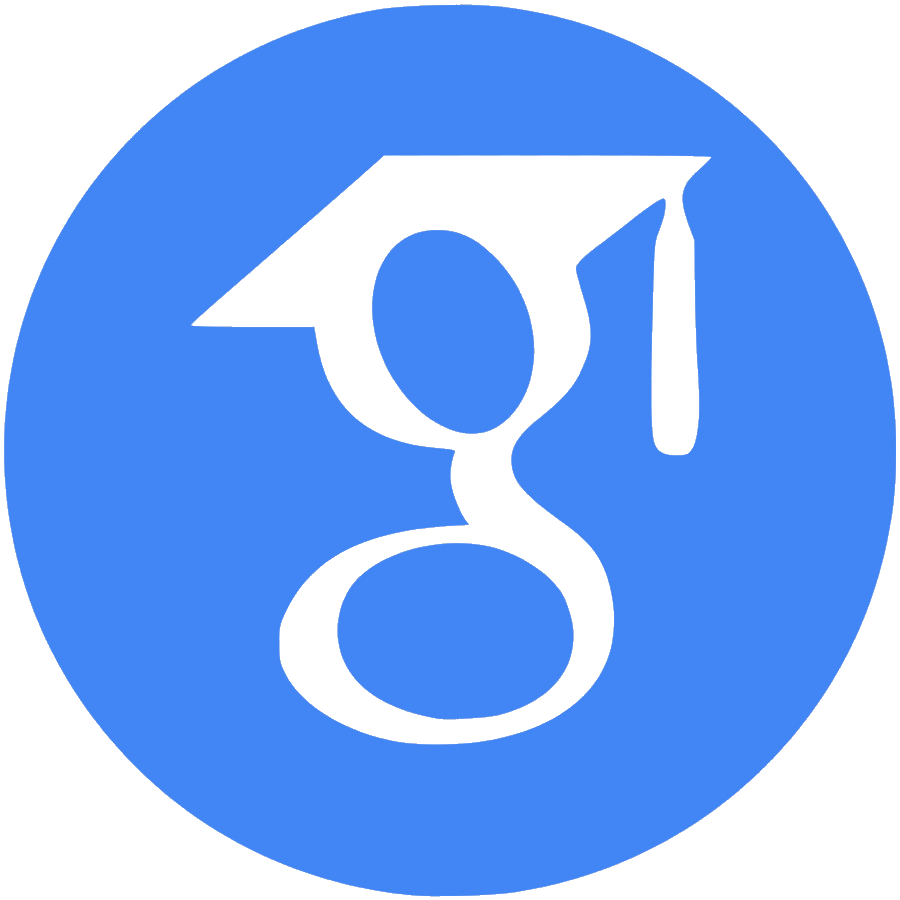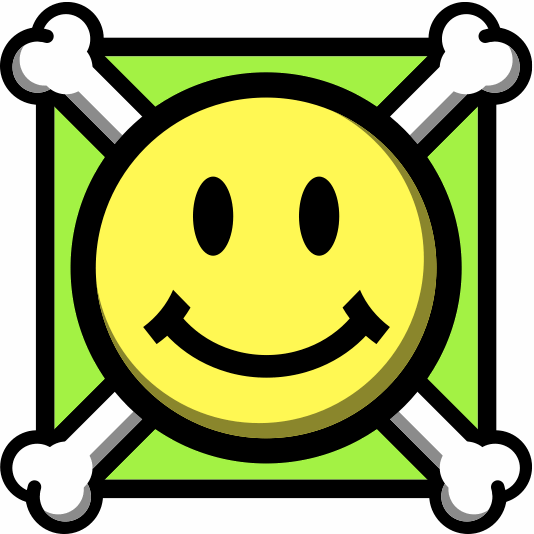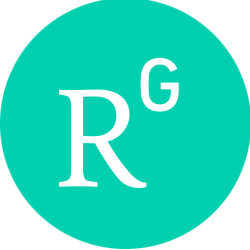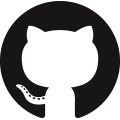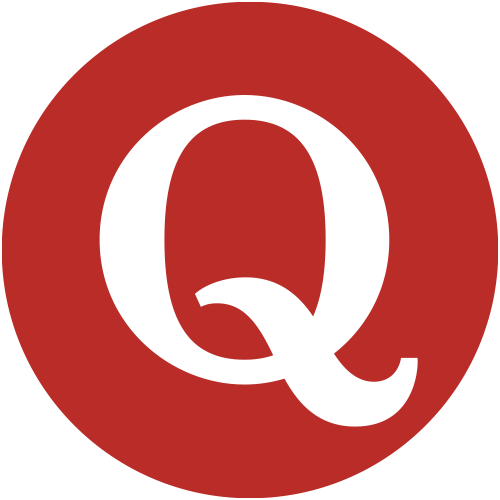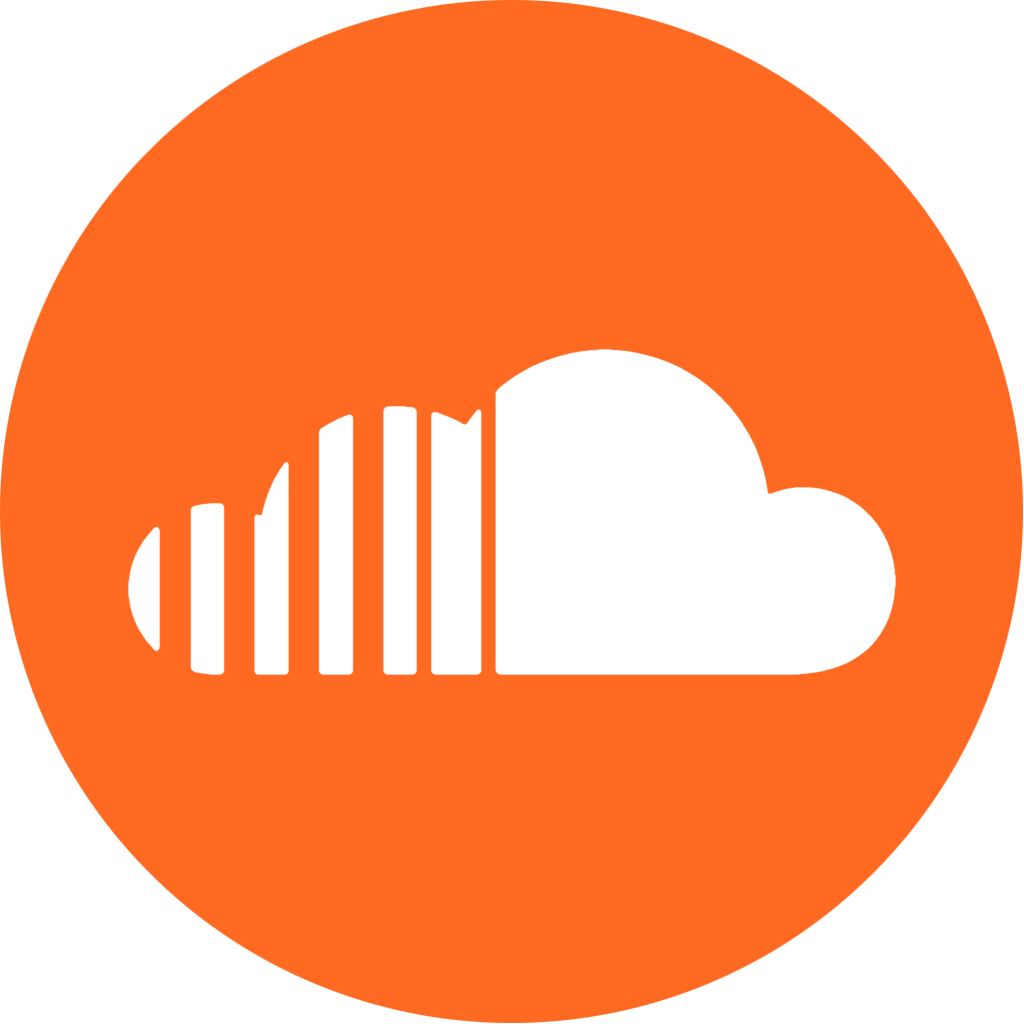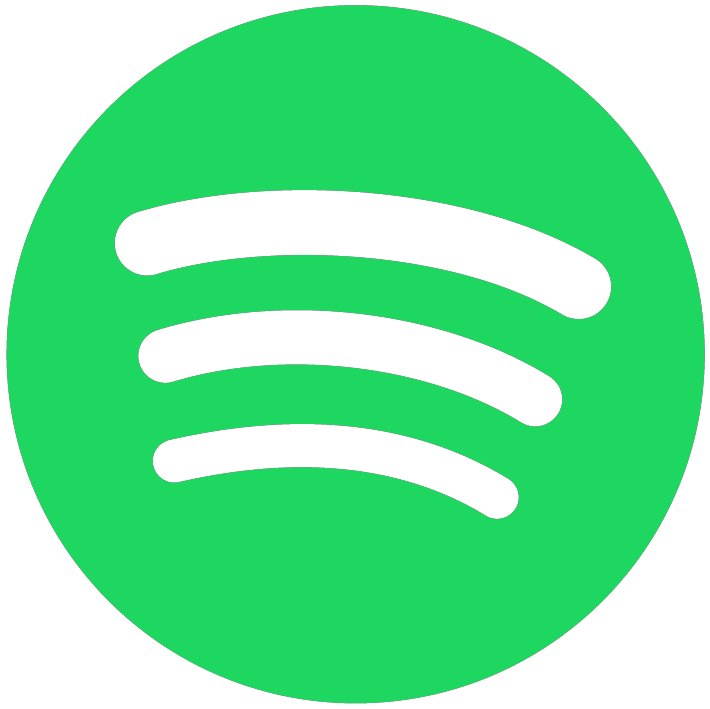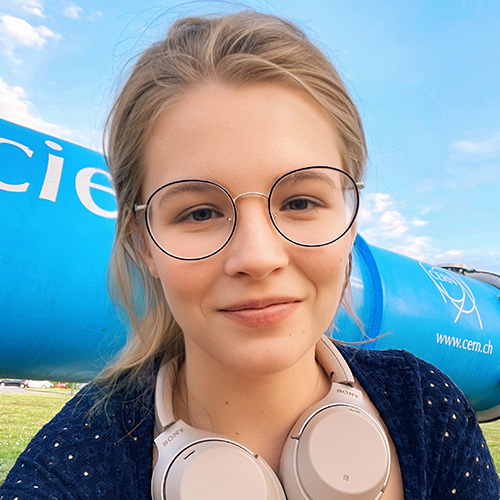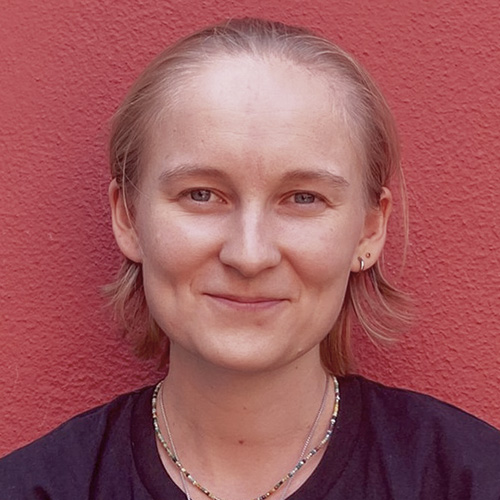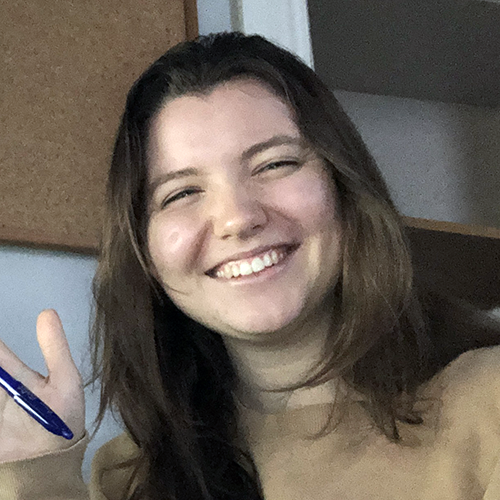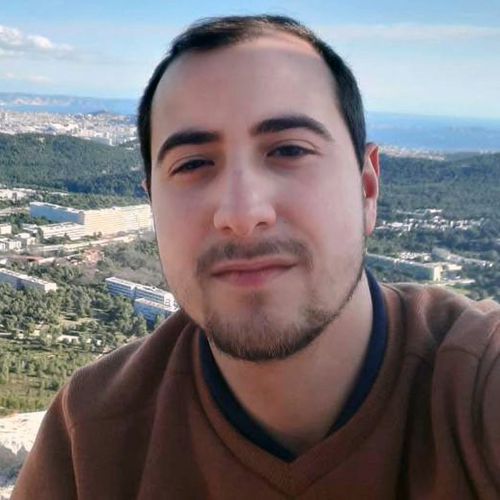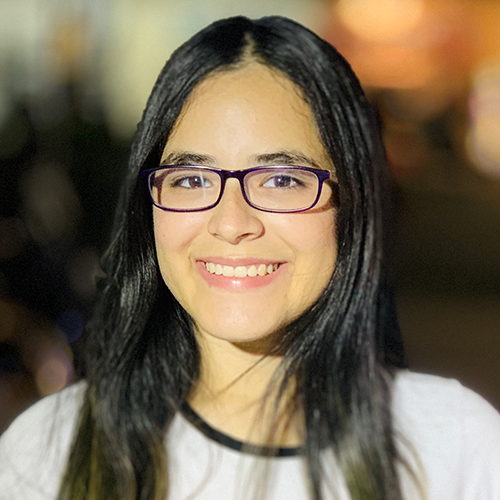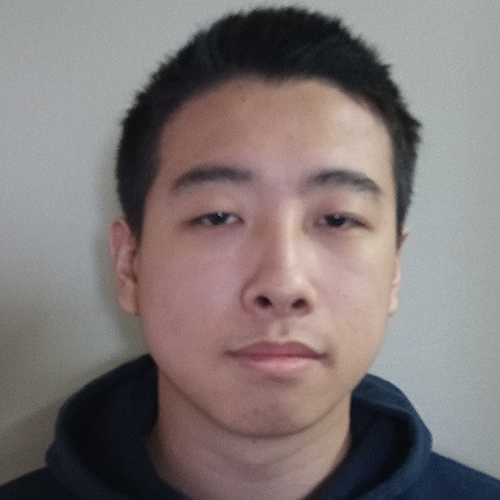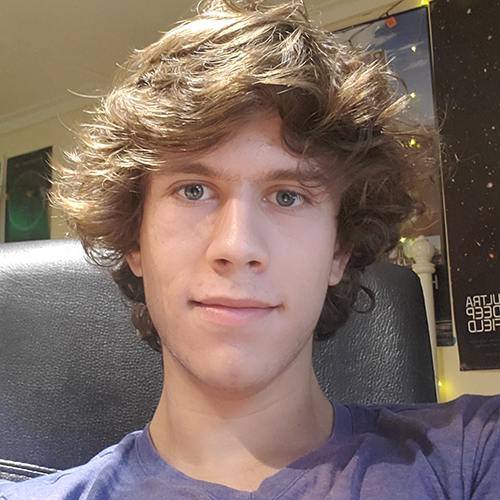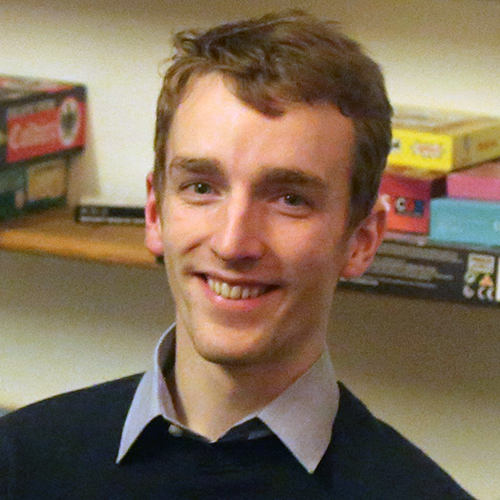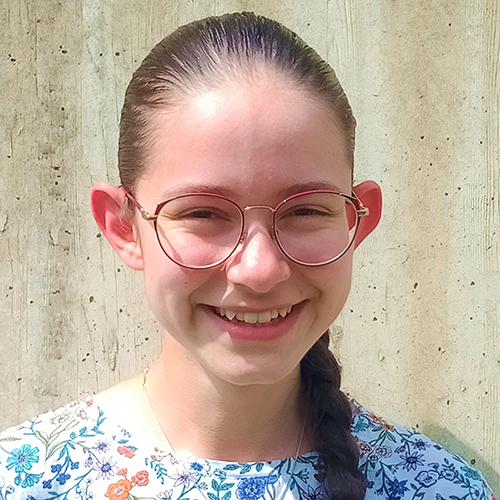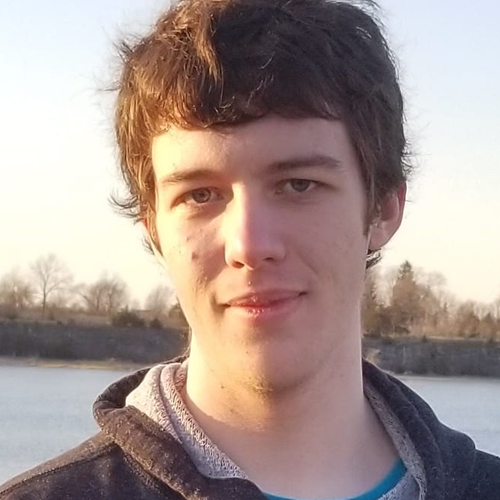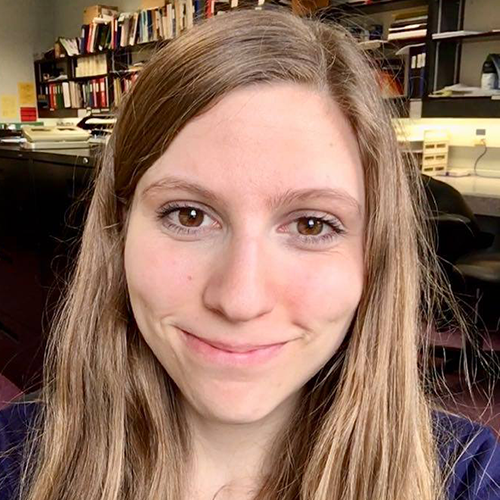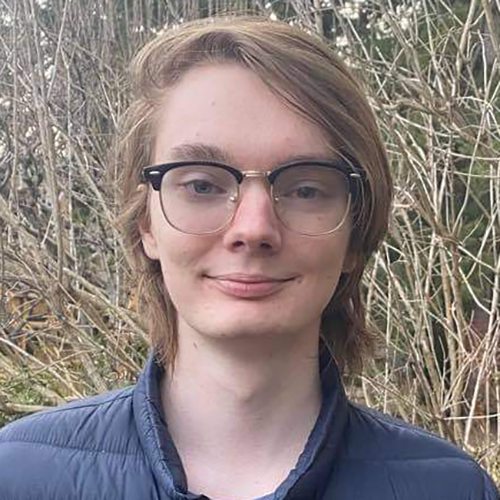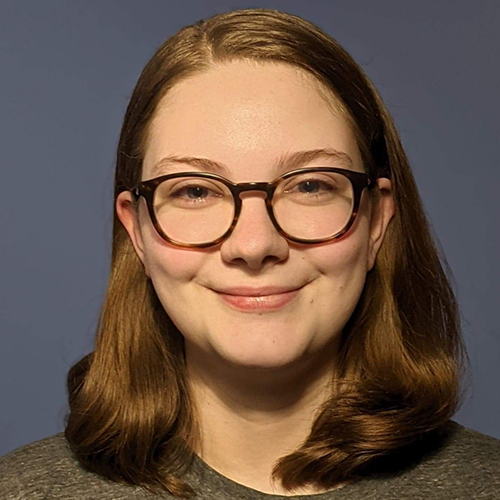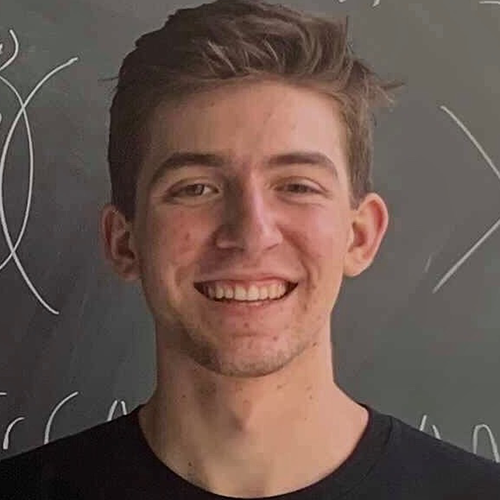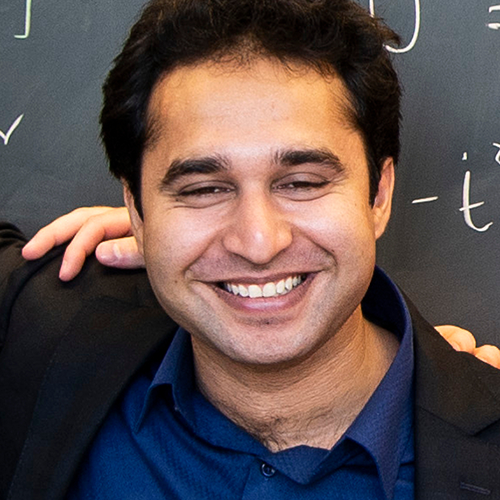Hi! My name is Barak Shoshany (ħe/ħim) and I am a theoretical, mathematical, and computational physicist. I work as an Assistant Professor of Physics at Brock University, where I recently won the FMS Award for Excellence in Teaching. I am also a Sessional Lecturer at McMaster University. My research focuses on the nature of time and causality in general relativity and quantum mechanics, as well as symbolic and high-performance scientific computing. In my spare time I am also a multi-instrumentalist and composer. You can find my CV here.
Table of contents
Course websites and lecture notes ^
ASTR 2P42: Astrophysics & Cosmology
Brock University, Winter 2026
Course Website
ASTR 1P01/02: Introduction to Astronomy I/II
Brock University, Fall 2025 / Winter 2026
Course Website | Lecture Videos
PHYS 4P51: Quantum Mechanics
Brock University, Fall 2025
Course Website | Lecture Notes
CSE 701: Foundations of Modern Scientific Programming
McMaster University, Fall 2025
Course Website | Lecture Notes
PHYS 1P96: Physics for Scientists and Engineers II
Brock University, Winter 2025
Course Website
PHYS 1P22/92: Introductory Physics II
Brock University, Spring 2024
Course Website
PHYS 3P94: Mathematical Methods in Physics
Brock University, Winter 2024
Course Website
PHYS 1P21/91: Introductory Physics I
Brock University, Fall 2021
Course Website
PHY 256: Introduction to Quantum Physics
University of Toronto, Summer 2020
Course Website | Lecture Videos
Faster-Than-Light Travel and Time Travel
Perimeter Institute, Summer 2019
Lecture Notes
Lie Groups and Algebras
Perimeter Institute, Fall 2018
Lecture Notes
Quantum Theory
Perimeter Institute, Summer 2017
Lecture Notes
Employment ^
- February-April 2025: Visiting Researcher, Perimeter Institute for Theoretical Physics, Waterloo, Ontario, Canada
- 2020-present: Assistant Professor, Department of Physics, Brock University, St. Catharines, Ontario, Canada
- 2020-present: Sessional Lecturer, School of Computational Science & Engineering, McMaster University, Hamilton, Ontario, Canada
- 2020: Sessional Lecturer, Department of Physics, University of Toronto, Toronto, Ontario, Canada
- 2020: Postdoctoral Researcher, Niayesh Afshordi's Group, Perimeter Institute for Theoretical Physics, Waterloo, Ontario, Canada
- 2012: Research Student, ATLAS Experiment, CERN, Geneva, Switzerland (supervisors: Christos Anastopoulos and Anthony Morley)
- 2011: Research Student, Department of Particle Physics and Astrophysics, Weizmann Institute of Science, Rehovot, Israel (supervisor: Eilam Gross)
- 2011: Research Student, Department of Particle Physics, Tel Aviv University, Tel Aviv, Israel (supervisor: Jacob Sonnenschein)
- 2009: Research Student, Department of Astrophysics, Tel Aviv University, Tel Aviv, Israel (supervisor: Amiel Sternberg)
Education ^
- 2015-2019: PhD in Theoretical Physics, Quantum Gravity Group, Perimeter Institute for Theoretical Physics and the University of Waterloo, Waterloo, Ontario, Canada (supervisor: Laurent Freidel)
- 2014-2015: MSc in Theoretical Physics, Perimeter Scholars International Program, Perimeter Institute for Theoretical Physics and the University of Waterloo, Waterloo, Ontario, Canada (supervisor: Laurent Freidel)
- 2008-2012: BSc in Mathematics & Physics, School of Mathematical Sciences and School of Physics & Astronomy, Tel Aviv University, Tel Aviv, Israel
- 2006-2007: BMus in Music Theory & Composition (unfinished), Rimon School of Music, Ramat HaSharon, Israel and the Jerusalem Academy of Music and Dance, Jerusalem, Israel
Teaching and course development ^
Undergraduate and graduate courses taught as course instructor:
- Winter 2026: ASTR 2P42: Astrophysics & Cosmology, Brock University
- Winter 2026: ASTR 1P02: Astronomy II, Brock University
- Fall 2025: PHYS 4P51: Quantum Mechanics, Brock University (lecture notes)
- Fall 2025: ASTR 1P01: Astronomy I, Brock University
- Fall 2025: CSE 701: Foundations of Modern Scientific Programming, McMaster University (lecture notes)
- Spring 2025: ASTR 1P02: Astronomy II, Brock University
- Spring 2025: ASTR 1P01: Astronomy I, Brock University
- Winter 2025: PHYS 1P96: Physics for Scientists and Engineers II, Brock University
- Winter 2025: ASTR 1P02: Astronomy II, Brock University
- Fall 2024: PHYS 5V82: Quantum Field Theory, Brock University
- Fall 2024: ASTR 1P01: Astronomy I, Brock University
- Fall 2024: CSE 701: Foundations of Modern Scientific Programming, McMaster University (lecture notes)
- Spring 2024: PHYS 1P22/1P92: Introductory Physics II, Brock University
- Spring 2024: ASTR 1P02: Astronomy II, Brock University
- Spring 2024: ASTR 1P01: Astronomy I, Brock University
- Winter 2024: PHYS 3P94: Mathematical Methods in Physics, Brock University
- Winter 2024: ASTR 1P02: Astronomy II, Brock University
- Fall 2023: ASTR 1P01: Astronomy I, Brock University
- Fall 2023: PHYS 4P51: Quantum Mechanics, Brock University (lecture notes)
- Fall 2023: CSE 701: Foundations of Modern Scientific Programming, McMaster University (lecture notes)
- Spring 2023: ASTR 1P02: Astronomy II, Brock University
- Spring 2023: ASTR 1P01: Astronomy I, Brock University
- Winter 2023: ASTR 2P42: Astrophysics & Cosmology, Brock University
- Winter 2023: ASTR 1P02: Astronomy II, Brock University
- Fall 2022: ASTR 1P01: Astronomy I, Brock University
- Fall 2022: PHYS 4P51: Quantum Mechanics, Brock University (lecture notes)
- Fall 2022: CSE 701: Foundations of Modern Scientific Programming, McMaster University (lecture notes)
- Spring 2022: ASTR 1P02: Astronomy II, Brock University
- Spring 2022: ASTR 1P01: Astronomy I, Brock University
- Winter 2022: ASTR 1P02: Astronomy II, Brock University
- Winter 2022: PHYS 1P22/1P92: Introductory Physics II, Brock University
- Fall 2021: ASTR 1P01: Astronomy I, Brock University
- Fall 2021: PHYS 1P21/1P91: Introductory Physics I, Brock University
- Fall 2021: PHYS 4P51: Quantum Mechanics, Brock University (lecture notes)
- Fall 2021: CSE 701: Foundations of Modern Scientific Programming, McMaster University (lecture notes)
- Spring 2021: ASTR 1P02: Astronomy II, Brock University
- Spring 2021: ASTR 1P01: Astronomy I, Brock University
- Spring 2021: PHYS 1P22/1P92: Introductory Physics II, Brock University
- Winter 2021: ASTR 1P02: Astronomy II, Brock University
- Winter 2021: PHYS 1P22/1P92: Introductory Physics II, Brock University
- Fall 2020: ASTR 1P01: Astronomy I, Brock University
- Fall 2020: CSE 701: Foundations of Modern Scientific Programming, McMaster University (lecture notes)
- Summer 2020: PHY 256: Introduction to Quantum Physics, University of Toronto (lecture videos)
Mini-courses taught at various programs for high-school, undergraduate, or graduate students at Perimeter Institute:
- Summer 2019: Faster-Than-Light Travel and Time Travel, PI Undergraduate Summer Program, Perimeter Institute (lecture notes)
- Summer 2019: Faster-Than-Light Travel and Time Travel, International Summer School for Young Physicists (ISSYP), Perimeter Institute
- Summer 2018: General Relativity, International Summer School for Young Physicists (ISSYP), Perimeter Institute
- Fall 2018: Review of Lie Groups and Algebras, Perimeter Scholars International Program, Perimeter Institute (lecture notes)
- Summer 2015, Summer 2016, Summer 2017: Quantum Mechanics, International Summer School for Young Physicists (ISSYP), Perimeter Institute (lecture notes)
Research interests ^
I am a theoretical, mathematical, and computational physicist. During my graduate studies, my research focused primarily on quantum gravity. For my MSc thesis, I explored the concept of relative locality in string theory under the supervision of Laurent Freidel. For my PhD thesis, I provided proof of a fundamental relationship between continuous and discrete spacetime geometries in loop quantum gravity, supervised by Laurent Freidel in collaboration with Florian Girelli.
This research was published in three papers, two in Physical Review D (1, 2) and a third in Classical and Quantum Gravity. Working on quantum gravity has allowed me to develop broad expertise in general relativity, quantum mechanics, quantum field theory, related areas of mathematics, and relevant computational tools.
After I received my PhD, I decided to focus on two different research areas. The first is the nature of time and causality in general relativity and quantum mechanics, and in particular the possibility and consequences of causality violations. My other major research interest is scientific computing and computational physics, focusing on both symbolic and numerical computations, especially in the context of general relativity.
Time and causality
Motivation
Time and causality are two of the most fundamental concepts in physics, and yet they remain poorly understood. In my research I use general relativity and quantum mechanics, two cornerstone theories of physics with great theoretical and experimental success, to investigate one of the most exciting and thought-provoking questions about time and causality: whether causality can be violated.
The two most commonly known manifestations of causality violation are faster-than-light (FTL) travel and time travel. In time travel, the traveler directly violates causality by traveling to their own past. In FTL travel, the traveler merely travels so fast that they can causally influence events they could not have otherwise - but as it turns out, if FTL travel is possible, then it could hypothetically be used to facilitate time travel.
Can these concepts be transformed from science fiction into real science, even just in principle? The answer to this question is currently unknown, and this indicates a major deficiency in our understanding of the universe. A positive answer would revolutionize physics and require substantial rewriting of our existing theories. A negative answer would provide valuable insights into the inner workings of our theories, by figuring out the mechanisms by which our universe protects causality, as first conjectured by Stephen Hawking.
The ultimate goals of this research are to enhance our understanding of how time and causality work in our universe, expand and improve our fundamental theories of nature, and lay the foundations for future technological and scientific advancements.
Time travel paradoxes
General relativity admits solutions to the Einstein equations containing closed timelike curves (CTCs), which can hypothetically be used to travel to the past and violate causality. It is currently unknown whether such spacetime geometries are permissible in our universe. However, if they are, and time travel is possible, this would lead to time travel paradoxes, which must be resolved.
Two main types of time travel paradoxes frequently appear in the theoretical physics literature. The first type is consistency paradoxes, where time travel to the past creates a chain of events that ends up preventing the journey through time from happening in the first place.
For example, if Alice puts a bomb inside the time machine and sends it a few minutes to the past, then when the bomb arrives, it will kill Alice, or even destroy the time machine itself; but in that case, Alice will not be able to send the bomb through the time machine after all. This chain of events is inconsistent, and hence paradoxical.
The second type of time travel paradoxes is bootstrap paradoxes, where an event causes itself - or more precisely, the chain of events is a closed loop, with no cause outside the loop. For example, consider the scenario where Bob is working on a new book, but struggling with writer's block. He builds a time machine, opens it, and finds the finished book inside.
Bob publishes the book, and becomes a best-selling author. A few years later, he sends the book to his past self using the time machine. In this case, everything is perfectly consistent, so we do not have a consistency paradox; and yet, the entire chain of events has no external cause, and the book appears to have been created out of nothing.
Proposed resolutions
One proposed way to resolve time travel paradoxes, known as the Novikov self-consistency conjecture, suggests that one can simply never make any changes to the past. Any attempts to change the past will necessarily fail, or even bring about the very future they tried to prevent. If the past cannot be changed, then there is also no possibility of paradoxes.
In more technical terms, Novikov's conjecture proposes that local solutions to the equations of motion must also be globally self-consistent. In other words, any attempt to create an inconsistency, despite seemingly being possible according to all local laws of physics, will not work because it will violate global consistency. This means that the probability of any event that would cause a consistency paradox must be exactly zero, and only initial conditions leading to self-consistent evolutions are allowed.
In the consistency paradox described above, where Alice tries to kill her past self by sending a bomb back in time, the self-consistency conjecture implies that this goal cannot possibly be achieved. Perhaps the bomb fails to explode, or perhaps it does explode, but past-Alice survives. The bootstrap paradox, however, cannot be resolved by the self-consistency conjecture, as it contains no inconsistencies and is therefore fully compatible with it.
Another possible resolution of time travel paradoxes discussed in the literature is parallel timelines, also known as multiple histories. In this scenario, time travel necessarily results in creating a new timeline, or equivalently, splitting one timeline into two.
Consistency paradoxes are then resolved because changes to the past can only influence events in the new timeline, and thus cannot prevent time travel from being initiated in the original timeline. Bootstrap paradoxes are also resolved, because the chain of events is no longer a closed loop, and any event which seemingly has no cause in the new timeline can have its cause in the original timeline.
Let us consider how the consistency paradox is resolved in the parallel timelines approach. Alice is alive in timeline 0, and therefore she is able to send a bomb back in time. The bomb arrives in a separate timeline, timeline 1, where it kills Alice. However, the fact that Alice is dead in timeline 1 does not create an inconsistency, as the bomb was sent by Alice of timeline 0, who is alive and well.
The bootstrap paradox can also easily be resolved using parallel timelines. In timeline 0, Bob works hard and eventually finishes writing his book. He then sends the book back in time. The book arrives in a separate timeline, timeline 1, where Bob benefits from it without having to do the work. However, the book was clearly not created from nothing; it was created by Bob of timeline 0.
My contributions
My first contribution in the field of causality and its violations was an up-to-date, comprehensive, and self-contained review of FTL travel and time travel based on our current understanding of general relativity and quantum field theory, covering everything from basic concepts to recent developments. This review was published in SciPost Physics Lecture Notes.
My most significant contribution so far is my work on time travel paradoxes. In a series of three papers, the first published in Physical Review D, the second in General Relativity and Gravitation, and the third currently under review, I proposed several arguments against the validity of the self-consistency conjecture. Most importantly, I showed that there are some concrete time travel paradox models that simply cannot be made self-consistent, as they generate an inconsistency with probability 1 for any initial condition. I provided a rigorous mathematical proof that these paradoxes can nonetheless be resolved using parallel timelines.
In my third paper, I proposed a new mechanism for resolving paradoxes with parallel timelines, within the framework of the Everett or "many-worlds" interpretation of quantum mechanics. In my model, called "entangled timelines" or E-CTCs, the timelines are created by quantum entanglement between the time machine and the environment. As the entanglement gradually spreads out to additional systems, the timelines spread out as well, providing a local and well-defined alternative to the naive "branching timelines" picture often presented in the literature. My model differs from Deutsch's familiar D-CTC model, and improves upon it by using only pure states and providing a concrete definition of the timelines using entanglement.
Aside from time travel paradoxes, I am also interested in the possibility of FTL travel. In particular, I am very interested in warp drives, which are a class of spacetime metrics that appear to allow FTL travel by exploiting a loophole in general relativity: while one cannot move FTL within space, it is possible for space itself to move at arbitrary speeds. However, warp drives violate the energy conditions, which means they require impossibly large amounts of matter with negative energy density.
It has often been suggested in the literature that FTL travel can be used to facilitate time travel, particularly in the context of warp drives. In a paper published in Classical and Quantum Gravity, I created a generalized warp drive that can transition between different reference frames in a purely geometric way, and used it to construct a spacetime geometry with two warp drives, which explicitly contains closed timelike geodesics; this has never been explicitly done before in this context.
Wormholes are a well-known means of both FTL travel and time travel. However, all currently established wormhole metrics are eternal - there is no known way to actively create a wormhole where it did not exist before. So far, all attempts to describe such a spacetime involved a naked singularity, and hence a non-traversable wormhole. However, in a paper recently published in Physical Review D, I used topological surgery techniques to construct a spacetime where a wormhole is created from nothing without any singularities.
Ongoing research
One of my current research goals is to find a concrete definition of what it means for a spacetime metric to support FTL travel. There are several such definitions in the literature, but they are not consistent with each other; perhaps there can be a definition that encompasses all of them, or perhaps some definitions could be disregarded due to being too strong or too weak.
Another one of my ongoing projects explores the creation of wormholes. As described above, I have developed a spacetime model in which a wormhole is created without a singularity; however, that still does not explain how an observer within the spacetime could actually create a wormhole between two arbitrary points of their choice. Interestingly, almost no work has been done to solve this problem so far, despite the fact that it is extremely important for "practical" applications (given sufficiently advanced technology); I am currently working on several possible approaches towards a solution.
Finally, I have recently been working on a new model for FTL travel called "hyperspace". In this model, our universe is a 3+1D brane inside a higher-dimensional "bulk", as in some brane cosmology models; the extra dimension is referred to as "hyperspace". The metric is designed such that one can leave the brane, travel through hyperspace, and then return to the brane, having traveled along a timelike geodesic throughout the journey, but along an effective spacelike geodesic from the point of view of the brane itself.
Scientific computing
My other main research interest is scientific computing, especially in the form of writing software for scientific use, for both symbolic and numerical computations. One of my main goals is making scientific computing more user-friendly and accessible to both novice students and established researchers. For this purpose, I write software packages and libraries with special focus on producing clear, lightweight, thoroughly-documented, and easy-to-use code, which is made freely and publicly available on my GitHub page.
In symbolic computation, I am interested in implementing advanced concepts in mathematics and physics using computer algebra systems. I am the author of OGRe, an object-oriented general relativity package for Mathematica, intended to streamline and simplify symbolic calculations in general relativity and differential geometry. This package has been published in the Journal of Open Source Software. I also released a Python port of this package, OGRePy, published in the Journal of Open Research Software.
In numerical computation, I am interested in writing high-performance software for scientific research using optimized algorithms, multithreading, cluster computing, GPU programming, and other modern techniques. My C++ thread pool class, published in the journal SoftwareX, provides a robust, compact, and self-contained interface for enabling multithreading in high-performance scientific software. Over time it has become the most popular modern C++ thread pool package on GitHub, with thousands of stars and hundreds of forks.
Research students ^
If you are interested in doing research under my supervision at Brock University, either at the undergraduate or graduate level, please feel free to contact me!
Ainsleigh Hill
Ainsleigh completed a Bachelor of Science in Mathematics at the University of British Columbia in Canada, and an M1 in Fundamental Physics at Sorbonne Université and the Université de Paris in France. She started her MSc in my group at Brock University in September 2025.
Vladislav Ganiyev
Vladislav received his BSc in Physics from the University of Coimbra and his MSc in Physics from the University of Lisbon. He previously worked on traversable wormhole solutions in modified gravity theories and in Einstein gravity with a massive vector field. He started his PhD in my group at Brock University in September 2025.
Hazel Gifford
Hazel received her BSc in physics with a minor in philosophy from the University of Waterloo in Canada, where she previously worked with Niayesh Afshordi. She started her MSc in my group at Brock University in September 2024, and won the 2025-2026 Ontario Graduate Scholarship (OGS) Award.
Alessandro Pisana
Alessandro received his BSc and MSc in physics from the University of Padua in Italy, and was an Erasmus student at Aix-Marseille University in France. For his master's thesis, he worked on the interface of quantum gravity and tensor networks. He started his PhD in my group at Brock University in September 2022.
In his project, Alessandro is studying topology changes in general relativity, analyzing topological and geometrical properties of spacetimes. He is particularly interested in the problem of whether wormholes can be created. His results were published in our paper "Wormhole Nucleation via Topological Surgery in Lorentzian Geometry". Alessandro also delivered a talk on this research at Perimeter Institute in June 2025, as part of the "Wormhole Day" event.
At Brock University, Alessandro won the Thompson-Harrison Scholarship, Richard L. Hearn Scholarship, Match of Minds Grant, and Dean of Graduate Studies Spring Research Fellowship.
Gabriela Valencia
Gabriela, an undergraduate student at the University of Valle, did a research project under my supervision, as part of the Mitacs Globalink Research Internship, from June to August 2023.
In her project, Gabriela expanded the entangled timelines model previously developed with my student Zipora Stober to account for more general and/or sophisticated paradox scenarios. Gabriela presented her project in the 2023 Brock Undergraduate Research Symposium.
Mark Sun
Mark, a grade 12 student at Sir Winston Churchill Secondary School in St. Catharines, did a research project under my supervision, as part of the Faculty of Mathematics and Science Mentorship Program, from September 2022 to February 2023.
In his project, Mark analyzed popular depictions of time travel in science fiction, how they resolve time travel paradoxes, and whether they are compatible with known physics. Mark presented his project at the 2023 FMS Mentorship Program Symposium.
Ben Dobozy
Ben, an undergraduate student at the University of Toronto, did a research project under my supervision, funded by the NSERC USRA award, from September to December 2022.
In his project, Ben worked on developing a concrete mathematical definition of faster-than-light travel in general relativity, which is a necessary step toward understanding its feasibility and consequences. Ben presented his project at the 2023 Canadian Undergraduate Mathematics Conference (CUMC). A video of his talk is available on YouTube.
Ben Snodgrass
Ben did a research project under my supervision, as part of the Mitacs Globalink Research Internship, from June to September 2022. At the time he was an undergraduate student at Durham University. After studying for a master's at Cambridge University, he is currently pursuing a PhD in mathematics at the University of Freiburg.
In his project, Ben worked on creating a generalized model for warp drives that can transition between reference frames, and used it to construct an explicit spacetime geometry demonstrating that faster-than-light travel using warp drives can lead to time travel. The results were published in our paper "Warp Drives and Closed Timelike Curves".
Zipora Stober
Zipora did a research project under my supervision, as part of the Mitacs Globalink Research Internship, from May to August 2022. At the time she was an undergraduate student at the University of Aberdeen. She is currently pursuing a PhD in astrophysics at the University of North Carolina at Chapel Hill.
In her project, Zipora worked on developing a new model for resolving time travel paradoxes by generating new timelines using quantum superposition and entanglement. The results were published in our paper "Time Travel Paradoxes and Entangled Timelines".
Jared Wogan
Jared did a summer research project under my supervision, funded by the Brock Match of Minds Award, from May to August 2021. He then continued to do a research project under my supervision towards an undergraduate thesis, from September 2021 to April 2022. At the time he was an undergraduate student at Brock University. He is currently pursuing a PhD in quantum gravity at the University of Western Ontario.
In his first project, Jared worked on making the model previously published with my student Jacob Hauser more realistic, in order to strengthen our argument that time travel necessarily leads to multiple histories. The results were published in our paper "Wormhole Time Machines and Multiple Histories".
In his second project, Jared worked on developing a preliminary Python port of OGRe, my object-oriented general relativity package for Mathematica.
Alicia Savelli
Alicia did a research project under my supervision towards an undergraduate thesis, from January to December 2021. At the time she was an undergraduate student at Brock University. She is currently pursuing a PhD in astrophysics at the University of Toronto.
In her project, Alicia worked on showing that if a warp drive is defined in 5 spacetime dimensions, rather than the usual 4, then the negative energy requirements can be reduced to an arbitrarily small amount. The results will be published soon.
Michael Astwood
Michael did a summer research project under my supervision, funded by the BUAF Explore Grant, from May to August 2021. At the time he was an undergraduate student at the University of Waterloo. He is currently pursuing an MSc in mathematics at Wilfrid Laurier University.
In his project, Michael worked on developing and analyzing a variety of different approaches towards formulating a concrete mathematical model of spacetimes with multiple histories, using both analytical and computational techniques.
Katie Curvelo
Katie, an undergraduate student at McMaster University, did a summer research project under my supervision, funded by the BUAF Explore Grant, from May to August 2021.
In her project, Katie worked on deriving the exact conditions under which faster-than-light travel can lead to time travel, for both tachyons and warp drives, with either constant velocity or constant acceleration. The results are posted on GitHub.
Jacob Hauser
Jacob did a summer research project under my supervision, as part of the Perimeter Institute undergraduate summer program, from June to August 2019. At the time he was an undergraduate student at Pomona College. Later, he was an MSc student in the Perimeter Scholars International program. He is currently pursuing a PhD in physics at UCSB.
In his project, Jacob worked on proving that if time travel is possible, then multiple histories must also be possible, using a model of a time travel paradox that cannot be resolved by assuming Novikov self-consistency. The results were published in our paper "Time Travel Paradoxes and Multiple Histories".
Mir Jalal
Jalal did a summer research project under my supervision, as part of the Perimeter Institute undergraduate summer program, from June to August 2019. At the time he was an undergraduate student at Forman Christian College in Pakistan. The project was co-supervised with Daniel C. Guariento of Perimeter Institute.
In his project, Jalal explored various modifications to the warp drive metric, to see if they might reduce the amount of negative energy required. He also attempted to find a specific classical or quantum field that could be used as a hypothetical source of exotic matter.
Publications ^
The following is a comprehensive list of my scientific publications. Students under my supervision are indicated in red. Authors are always ordered alphabetically by last name, not by level of contribution, unless stated otherwise. All journal publications are freely accessible via their arXiv preprints.
Peer-reviewed publications:
- Alessandro Pisana, Barak Shoshany, Stathis Antoniou, Louis H. Kauffman, and Sofia Lambropoulou (by order of contribution), "Wormhole Nucleation via Topological Surgery in Lorentzian Geometry", Phys. Rev. D 112, 064067 (2025), doi:10.1103/wm13-6jxc, arXiv:2505.02210 (September 2025)
- Barak Shoshany, "OGRePy: An Object-Oriented General Relativity Package for Python", Journal of Open Research Software 13: 9, doi:10.5334/jors.558, arXiv:2409.03803 (July 2025)
- Barak Shoshany and Ben Snodgrass, "Warp Drives and Closed Timelike Curves", Class. Quantum Grav. 41 (2024) 205005, doi:10.1088/1361-6382/ad74d1, arXiv:2309.10072 (September 2024)
- Barak Shoshany, "A C++17 Thread Pool for High-Performance Scientific Computing", SoftwareX 26 (2024) 101687, doi:10.1016/j.softx.2024.101687, arXiv:2105.00613 (March 2024)
- Barak Shoshany and Jared Wogan, "Wormhole Time Machines and Multiple Histories", Gen. Relativ. Gravit. 55, 44 (2023), doi:10.1007/s10714-023-03094-8, arXiv:2110.02448 (February 2023)
- Barak Shoshany, "OGRe: An Object-Oriented General Relativity Package for Mathematica", Journal of Open Source Software, 6(65), 3416 (2021), doi:10.21105/joss.03416, arXiv:2109.04193 (September 2021)
- Jacob Hauser and Barak Shoshany, "Time Travel Paradoxes and Multiple Histories", Phys. Rev. D 102, 064062 (2020), doi:10.1103/PhysRevD.102.064062, arXiv:1911.11590 (September 2020)
- Barak Shoshany, "Spin Networks and Cosmic Strings in 3+1 Dimensions", Class. Quantum Grav. 37 (2020) 085019, doi:10.1088/1361-6382/ab778e, arXiv:1911.07837 (March 2020)
- Barak Shoshany, "Lectures on Faster-Than-Light Travel and Time Travel", SciPost Phys. Lect. Notes 10 (2019), doi:10.21468/SciPostPhysLectNotes.10, arXiv:1907.04178 (October 2019)
- Barak Shoshany, "Dual 2+1D Loop Quantum Gravity on the Edge", Phys. Rev. D 100 026003 (2019), doi:10.1103/PhysRevD.100.026003, arXiv:1904.06386 (July 2019)
- Laurent Freidel, Florian Girelli, and Barak Shoshany, "2+1D Loop Quantum Gravity on the Edge", Phys. Rev. D 99 046003 (2019), doi:10.1103/PhysRevD.99.046003, arXiv:1811.04360 (February 2019)
Preprints:
- Barak Shoshany and Zipora Stober, "Time Travel Paradoxes and Entangled Timelines", doi:10.48550/arXiv.2303.07635, arXiv:2303.07635 (March 2023)
Theses and lecture notes:
- Barak Shoshany, "At the Corner of Space and Time" (PhD Thesis), UWSpace, doi:10012/15296, arXiv:1912.02922 (December 2019)
- Barak Shoshany, "Thinking Quantum: Lectures on Quantum Theory", doi:10.48550/arXiv.1803.07098, arXiv:1803.07098 (March 2018)
See also: arXiv | INSPIRE | ORCID | Google Scholar
Scientific computing projects ^
Programming and markup languages I am highly proficient with include:
- General purpose: C, C++, Python.
- Scientific computing: Mathematica / Wolfram Language.
- Web development: HTML, CSS, TypeScript / JavaScript.
- Database: SQL.
- Typesetting: LaTeX, Markdown.
My past and present scientific computing projects include:
- (Planned): WormholeSeek, software for detecting observational signatures of wormholes in astronomical data using modern machine learning algorithms, written in C++.
- (Expected Early 2026): RelatiVisual, software for real-time ray tracing and visualization of spacetime geometries in general relativity using advanced CPU and GPU parallelization techniques, written in C++.
- 2024: OGRePy, an object-oriented general relativity package for Python, a Python port of my Mathematica package OGRe.
- 2024: My personal website, written in TypeScript and running on Node.js, includes computational science education content, such as dynamically generated practice tests, my own learning management system, and an AI tutor fine-tuned for my courses.
- 2022: SpacetimeDiagrams.nb, an illustration of special-relativistic phenomena in Mathematica using spacetime diagrams. (Works with the freely available Wolfram Player.)
- 2021: WormholeParadoxSimulation.nb, a simulation of time travel paradoxes using a wormhole time machine in Mathematica (with Jared Wogan). (Works with the freely available Wolfram Player.)
- 2021: OGRe, an object-oriented general relativity package for Mathematica.
- 2021: BS::thread_pool, a C++17 thread pool for high-performance scientific computing.
Source code for all of my projects is freely and publicly available on my GitHub profile.
Grants and awards ^
- 2025: Brock University Open Educational Resources (OER) Adoption Grant ($500)
- 2024: Brock University Open Educational Resources (OER) Adoption Grant ($1000) (read article)
- 2024-2029: Natural Sciences and Engineering Research Council of Canada (NSERC) Discovery Grant ($180,000)
- 2024: Natural Sciences and Engineering Research Council of Canada (NSERC) Early Career Researcher Discovery Launch Supplement Award ($12,500)
- 2023: Brock University Faculty of Mathematics & Science Award for Excellence in Teaching ($2,500) (read article) (visit award page)
- 2023: Brock University Match of Minds Award ($5,000), student: Alessandro Pisana
- 2023: Brock University Research Initiative Award ($2,000)
- 2023: Mitacs Globalink Research Internship ($12,000), student: Gabriela Valencia
- 2022: Award from the Dean of Mathematics & Science at Brock University ($10,000)
- 2022: Brock University Research Initiative Award ($2,000)
- 2022: NSERC Undergraduate Student Research Award (USRA) ($6,000), student: Ben Dobozy
- 2022: Brock University Advancement Fund (BUAF) Explore Grant ($7,000)
- 2022: Mitacs Globalink Research Internship ($24,000), students: Zipora Stober and Ben Snodgrass
- 2021: Brock University Match of Minds Award ($5,000), student: Jared Wogan
- 2021: Brock University Advancement Fund (BUAF) Explore Grant ($7,000)
- 2020: Award from the Dean of Mathematics & Science at Brock University ($5,000)
Talks and conferences ^
- November 2025: "OGRePy: Object-Oriented General Relativity in Python", The 35th Midwest Relativity Meeting & Eric Fest, University of Guelph (Ontario, Canada)
- October 2025: "AI Workshop for Students", workshop for the course FMSC 1P00 at Brock University (Ontario, Canada) (slides)
- September 2025: "AI Workshop for Physics Students", workshop at Brock University (Ontario, Canada) (slides)
- August 2025: "Large Language Models: Common Myths & Misconceptions", Faculty of Mathematics and Science workshop at Brock University (Ontario, Canada) (slides)
- June 2025: "Know Thy Frenemy: Understanding LLMs - Past, Present, and Future" (updated version), Physics Seminar at Brock University (Ontario, Canada) (slides)
- June 2025: "Time Travel Paradoxes and Entangled Timelines", seminar at McMaster University (Ontario, Canada) (slides)
- May 2025: "Breaking the Speed of Light Barrier", keynote lecture for the 47th Annual Conference of the Ontario Association of Physics Teachers at Brock University (Ontario, Canada) (slides)
- May 2025: "Know Thy Frenemy: Understanding LLMs - Past, Present, and Future", workshop for the Spring Perspectives in Teaching and Learning event at Brock University (Ontario, Canada)
- February 2025: "OGRePy and Time Travel Paradoxes", Cosmology and Gravitation Seminar at Perimeter Institute (Ontario, Canada) (PIRSA video)
- January 2025: "Breaking the Speed of Light Barrier", Research at the Speed of Light Colloquium Series, Faculty of Mathematics and Science, Brock University (Ontario, Canada)
- September 2024: "Time Travel Paradoxes and Entangled Timelines", The Time Machine Factory Conference (Turin, Italy)
- September 2024: "OGRe and OGRePy: Object-Oriented General Relativity in Mathematica and Python", The Time Machine Factory Conference (Turin, Italy)
- May 2023: "Faster-Than-Light Travel and Time Travel", invited talk for the Niagara Branch of the Royal Astronomical Society of Canada (Ontario, Canada)
- June 2022: "Faster-Than-Light Travel and Time Travel: Science or Science Fiction?", invited talk for the "Hot Topics From Theory Made Accessible" symposium at the 2022 Canadian Association of Physicists Congress at McMaster University (Ontario, Canada) (YouTube video)
- May 2022: "Faster-Than-Light Travel and Time Travel", invited talk at the Clubhouse Science Society (Clubhouse recording) (YouTube video)
- February 2022: "The Science and Fiction of Causality Violations", lecture for the Ridley College Science Club (Ontario, Canada)
- December 2021: "Faster-Than-Light Travel and Time Travel", guest lecture for the course PHY 202 (Physics of Science Fiction & Gaming) at the University of Toronto (Ontario, Canada)
- November 2021: "The Science and Fiction of Causality Violations", seminar for graduate students in the Faculty of Mathematics & Science (GRAMSS) at Brock University (Ontario, Canada)
- November 2021: "The Science and Fiction of Causality Violations", PHYS 10 seminar at the University of Waterloo (Ontario, Canada)
- March 2021: "OGRe: An Object-Oriented General Relativity Package for Mathematica" (online talk), Perimeter Institute (Ontario, Canada)
- June 2020: "Time Travel and Its Paradoxes" (online talk), Astrophysics Seminar, Bar-Ilan University (Israel) (YouTube video)
- May 2020: "Faster-Than-Light Travel and Time Travel" (online talk), Carleton College (Minnesota, US)
- February 2020: "A Simple Introduction to Quantum Gravity", Saint Anselm College (New Hampshire, US)
- January 2020: "Faster-Than-Light Travel and Time Travel: Science or Science Fiction?", Physics Colloquium, McMaster University (Ontario, Canada)
- November 2019: "Quantum Gravity for the Loopy", University of Calgary (Alberta, Canada)
- October 2019: "...Travel Possible? Is Time...", Saint Anselm College (New Hampshire, US)
- October 2019: "...Travel Possible? Is Time...", Massachusetts College of Liberal Arts (Massachusetts, US)
- August 2019: "Is Time Travel Possible?", Perimeter Institute (Ontario, Canada)
- June 2019: "Dual 2+1D Loop Quantum Gravity on the Edge", Loops 2019 Conference, Pennsylvania State University (Pennsylvania, US)
- January 2019: "2+1D Loop Quantum Gravity on the Edge" (online talk), International Loop Quantum Gravity Seminar
- November 2018: "Loop Quantum Gravity on the Edge", Quantum Gravity Group Meeting, Perimeter Institute (Ontario, Canada)
- October 2018: "Is Time Travel Possible?", Undergraduate Student Mentoring Event, Perimeter Institute (Ontario, Canada)
- August 2018: "Is Time Travel Possible?", Graduate Student Conference, Perimeter Institute (Ontario, Canada)
- April 2018: "The Geometry of Spacetime in Loop Quantum Gravity", Weizmann Institute (Israel)
- April 2018: "The Geometry of Spacetime in Loop Quantum Gravity", High Energy Theory Group Meeting, Tel Aviv University (Israel)
- March 2018: "Interpreting the Geometry of a Quantum State of Spacetime", PI Day, Perimeter Institute (Ontario, Canada)
- November 2017: "Loop Gravity and Piecewise-Flat Geometry", Quantum Gravity Day, Perimeter Institute (Ontario, Canada)
- August 2016: "Metastring Theory and Deformations of Worldsheet CFTs", Weizmann Institute (Israel)
Media interviews ^
- January 2026: Alessandro Pisana (my PhD student) was interviewed by Thuy Dam for an article in The Brock News: "Exploring new frontiers of wormhole research"
- November 2025: Interviewed by Parmin Sedigh for the podcast "A Moment of Science, Please!" regarding the scientific accuracy of the film Interstellar (2014): "CHIASMA: Interstellar Space-Time Debunked"
- September 2025: Interviewed by Évrard-Ouicem Eljaouhari for an article in the French magazine Science & Vie: "Les nouvelles pistes de la théorie du tout" (behind paywall; please contact me for the full article)
- April 2025: Interviewed by Lisa McLean for an article on the Perimeter Institute website: "Roll for initiative! Perimeter visiting researcher talks scientific computing, time travel, and D&D"
- February 2025: Interviewed by Évrard-Ouicem Eljaouhari for an article in the French magazine Science & Vie: "On cherche à marier mécanique quantique et relativité générale" (behind paywall; please contact me for the full article)
- June 2024: Interviewed by Cathy Majtenyi for an article in The Brock News: "Researcher's Open-Source Work Looks to Accelerate Scientific Computing"
- April 2024: Interviewed for two Niagara Parks informational videos about the April 8, 2024 total solar eclipse:
- What you see during an eclipse: watch on YouTube
- Watching the eclipse safely: watch on Facebook | watch on Instagram
- April 2024: Interviewed by Allan Benner for an article in the St. Catharines Standard: "Brock Profs Looking Forward to 'Extraordinarily Rare' Event" (behind paywall; please contact me for the full article)
- March 2024: Interviewed by Mike Balsom for the TV show The Source on YourTV Niagara (watch on YouTube)
- March 2024: Interviewed by Jocelyn Titone for an article in The Brock News: "Brock Public Lectures to Educate on Eclipses, Sun and Moon Phases"
- November 2023: Interviewed by Maximiliano Fernández for an article on Infobae: ¿Se puede viajar en el tiempo y cambiar el pasado? Tres físicos explican por qué no es una locura (in Spanish)
- November 2023: Interviewed by Michael Marshall for a series of articles on BBC Future:
- June 2023: Interviewed by Jocelyn Titone for an article in The Brock News: "Critical Thinking Key to Debunking Misinformation, Says Teaching Award Recipient"
- April 2023: Interviewed by Kelly Botelho for the TV show Trending Now on CHCH (watch on YouTube)
- April 2023: Interviewed by Karl Dockstader on the radio station Newstalk 610 CKTB (listen on iHeartRadio)
- April 2023: Interviewed by Jocelyn Titone for an article in The Brock News: "One-Year Countdown: 2024 Solar Eclipse a Rare Sight in Niagara, Says Brock Prof"
- March 2023: Interviewed by Becca Caddy for an article in the German magazine Business Spotlight: "Time and Our Lives"
- January 2023: Interviewed by Paul Borrill on the "It's About Time!" Clubhouse (listen on Clubhouse)
- January 2023: Interviewed by Hanael Parks for the French YouTube channel NURÉA TV (English version) (French version)
- August 2022: Interviewed by Nam Kiwanuka for the TV show The Agenda on TVO (watch on TVO) (watch on YouTube)
- April 2022: Interviewed by Chelsea Bird and Daryl McIntyre on the radio station 630 CHED (listen on YouTube)
- December 2021: Interviewed for The Bill Kelly Show on the radio station 900 CHML (listen on YouTube)
- December 2021: Interviewed by Justin Steepe for an article in The Brock News: "New Brock Research Explores Time Travel Paradoxes"
- September 2020: Interviewed by Alexandra De Castro for an article in UA Magazine: "Back to Another Future" (read on Medium)
- July 2020: Interviewed for "Talking Science" ("Medabrim Mada"), Israel's leading science podcast (listen on PodBean) (listen on Spotify) (in Hebrew)
- December 2019: Interviewed by Chelsea Whyte for an article in New Scientist Magazine: "Time Travel Without Paradoxes Is Possible with Many Parallel Timelines" (read on ScienceDirect) (behind paywall; please contact me for the full article)
- September 2019: Interviewed by Colin Hunter for an article in Inside the Perimeter: "People of PI: Quantum Composer Barak Shoshany"
- August 2019: Interviewed for an educational video for grade 12 physics students about classical and quantum field theory.
- April 2018: Interviewed by Colin Hunter for an article in Slice of PI: "#MyFavouriteEquation - Scientists Share Their Fave Formulae"
See also this YouTube playlist which includes all of the interviews that were made available on YouTube.
Outreach activities ^
- April 2024: Participated in the Eclipse 2024: Chasing the Shadow from Niagara to Newfoundland livestream event, organized by the University of Toronto's Dunlap Institute in collaboration with Brock University, Queen's University, Bishop's University, and Memorial University, which had more than 78,000 viewers on YouTube
- April 2024: Gave a public lecture to the Niagara community at Brock University about the April 8, 2024 total solar eclipse (read article)
- March 2024: Gave a lecture about the April 8, 2024 total solar eclipse for the Brock University Retirees Association (Ontario, Canada)
- June 2023: Gave the convocation address at Brock University's 113th convocation, focusing on using critical thinking to fight misinformation. (read article) (watch convocation address on YouTube) (watch full convocation on YouTube)
- May 2023: Interviewed by a grade 10 student from Westlane Secondary School (Niagara Falls, Ontario, Canada) for a school project
- March-May 2023: Mentored two girls in grade 9 who are interested in astronomy and physics, as part of the Girls SySTEM Mentorship Program
- May 2022-February 2023: Mentored a high-school student in a project on time travel in science fiction as part of Brock University's Science Mentorship Program
- May 2022: Consulted for the episode "Can we escape a black hole with a warp drive or wormhole?" of the science podcast Daniel and Jorge Explain the Universe by Daniel Whiteson and Jorge Cham
- May 2022: Delivered a project on spacetime diagrams for Scientifically Yours, a two-day science workshop for grade 10-11 students at Brock University
- April 2022: Wrote an article on time travel paradoxes for The Conversation
- April 2021: Gave an online lecture entitled "Advice for a Career in Physics" at SNOLAB / SNO+
- May-June 2020: Advised an Ontario high-school student in making a video about quarks for the Breakthrough Junior Challenge Competition
- April 2020: Wrote an article on time travel paradoxes (in Hebrew) for the Israeli science outreach non-profit "Little Big Science" ("Mada Gadol Baktana") (also on Facebook)
- August 2019: Gave a lecture on faster-than-light travel and time travel to international high-school students attending the Quantum Cryptography School for Young Students (QCSYS) at the University of Waterloo's Institute for Quantum Computing (IQC)
- July 2019: Gave a keynote lecture about time travel to Chinese undergraduate students attending the Exploring Science summer program at the University of Waterloo's Renison University College
- September-October 2018: Gave lectures and Q&A sessions to University of Waterloo undergraduate students during mentoring events at Perimeter Institute
- May 2018: Gave an online Q&A session on quantum gravity, quantum mechanics, and quantum computing to a class of grade 11 AP Physics students at Collingwood School (West Vancouver, BC, Canada)
- May 2018: Provided hands-on physics demonstrations to grade 6-8 students as part of a LAUNCH Waterloo event
- December 2017: Gave a Q&A session to Canadian physics teachers as part of the Teacher Network Initiative
- March 2017: Participated as a judge in the Canada Young Physicists' Tournament (CaYPT)
- 2016-2017: Interacted with the general public and answered their questions about theoretical physics as part of the annual Open Doors Day at Perimeter Institute
- May 2015: Gave a Q&A session on cosmology to high-school students at Perimeter Institute
- 2015-2019: Gave a variety of keynote lectures and Q&A sessions to Canadian and international physics teachers as part of the annual EinsteinPlus Workshop
- October 2014: Gave a lecture on fractals and chaos theory at Huron Heights Secondary School (Kitchener, ON, Canada)
- 2014-2019: Interacted with the general public and answered their questions about theoretical physics, both in-person and online, as part of "Ask a Scientist" events in conjunction with monthly public lectures at Perimeter Institute (Waterloo, ON, Canada)
- 2013-2016: Answered more than 1,000 math and physics questions on the popular Q&A website Quora, gained more than 7,000 followers, and awarded "Top Writer" status in both 2015 and 2016
- 2005-2010: Created and contributed to numerous articles on mathematics, physics, and music on Wikipedia, and served as administrator (sysop) between 2008 and 2010
Service and organization ^
Award committee memberships:
- November 2023: Member of the adjudication committee for the 2023 Brock University Teaching Awards.
Professional memberships:
- 2022-present: Member of the Canadian Association of Physicists.
- 2008-2014: Member of the Israeli Astronomical Association.
Organizing committee memberships:
- May 2022-April 2024: Member of the Brock University solar eclipse planning committee.
- October 2022-April 2023: Member of a group of faculty members developing a new computational framework for the physics undergraduate curriculum at Brock University.
- July 2021-April 2024: Member of the organizing committee for the Ontario Eclipse 2024 Task Force, which prepared and coordinated province-wide scientific outreach activities for the total solar eclipse of April 8, 2024.
- July 2021-May 2022: Member of the organizing committee for Scientifically Yours, a two-day science workshop for grade 10-11 students at Brock University.
- 2019: Member of the organizing Committee for the undergraduate summer program at Perimeter Institute.
- 2018: Member of the organizing Committee for a two-day conference featuring diverse talks aimed at master's-level students in the Perimeter Scholars International Program at Perimeter Institute.
- 2014-2015: Sole organizer and chair for "PSIminar", a series of seminars given by students in the Perimeter Scholars International Program at Perimeter Institute.
- 2012: Sole organizer, host, and performer in a concert featuring CERN summer students, which took place in the CERN main auditorium.
Supervisory committee memberships:
- 2025-present: Jordan Fazio (MSc, Supervisor: Stephen Anco)
- 2025-present: Yannick Bisson (MSc, Supervisor: Stephen Anco)
- 2022-2024: Jaskaran Maan (MSc, Supervisor: Stephen Anco)
- 2021-2024: Mahdieh Gol Bashmani Moghadam (PhD, Supervisor: Stephen Anco)
- 2021-2022: Hooman Nanchian (MSc, Supervisor: Kirill Samokhin)
Comprehensive examination committee memberships:
- 2021: Samin Tajik (PhD, Supervisor: Thad Harroun)
Refereeing and reviewing activities:
- 2025: Reviewer for the journal Acta Astronautica.
- 2021: Reviewer for the book ASTRO, 3rd Canadian edition by Ghose et al., published by Cengage Canada.
Music compositions ^
I like to compose music in a wide variety of genres, including classical, progressive rock, metal, and electronic. Some of my older compositions (songs in Hebrew, not featured here) were even broadcast on Israeli radio and TV.
My first album, "Travel Music About Time", contains the following 5 tracks. Please see my SoundCloud page, or click on the links below, to listen to the tracks for free.
Music At The Planck Scale: Classical. Composed and orchestrated for the Perimeter Institute orchestra, which I conducted at the time. Featured on People of PI. Sheet music: full score, individual parts.
Fantasy In Higgs Minor: Progressive rock. An orchestration for piano and string quintet is available on YouTube.
Faster Than Light: Electronic.
Allegro Non Troppo: Metal. A short rendition of the main theme from Symphony No. 4 in E minor, Op. 98 by Johannes Brahms.
Sof Ha'zman: Electronic / progressive metal.
The album is also available on many music streaming services, including Spotify, YouTube Music, Amazon Music, Deezer, Apple Music, and more!
Other hobbies ^
I love playing board games and tabletop role-playing games. I have plenty of experience as a gamemaster, running my own original role-playing campaigns using the Dungeons & Dragons, Numenera, and Mutants & Masterminds game systems. My other hobbies include computer games, science fiction and fantasy, and stand-up comedy.
Photo gallery ^
Please click on the photos for higher resolution.
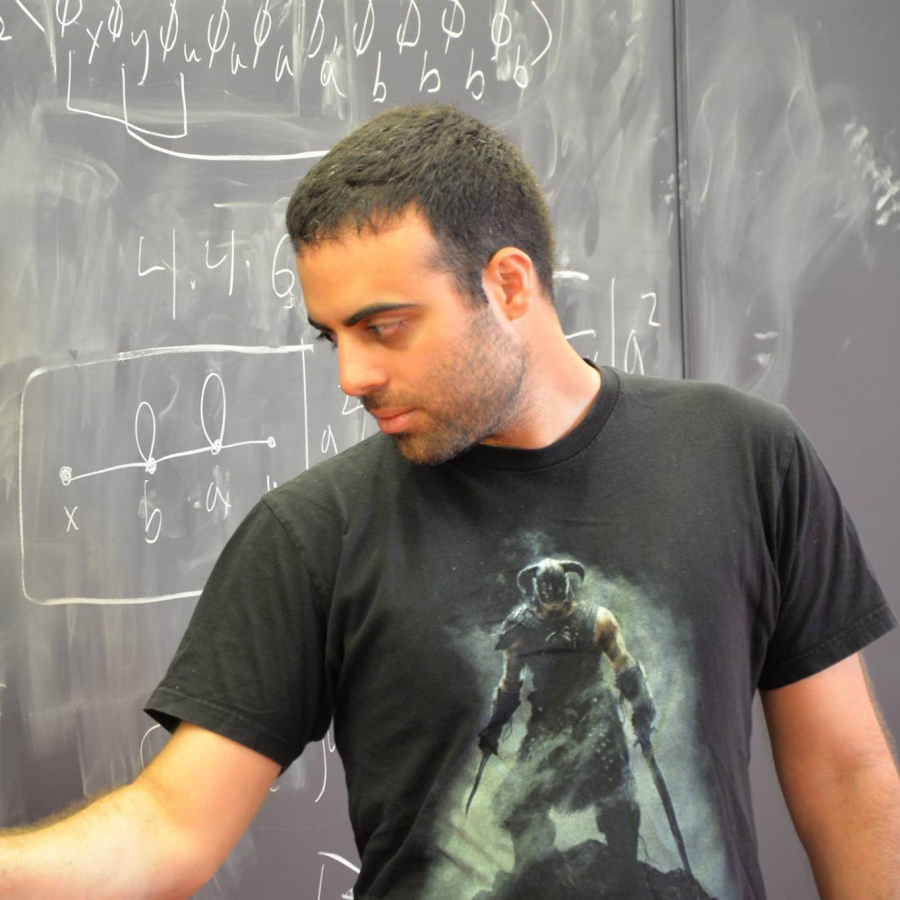
(July 2015)
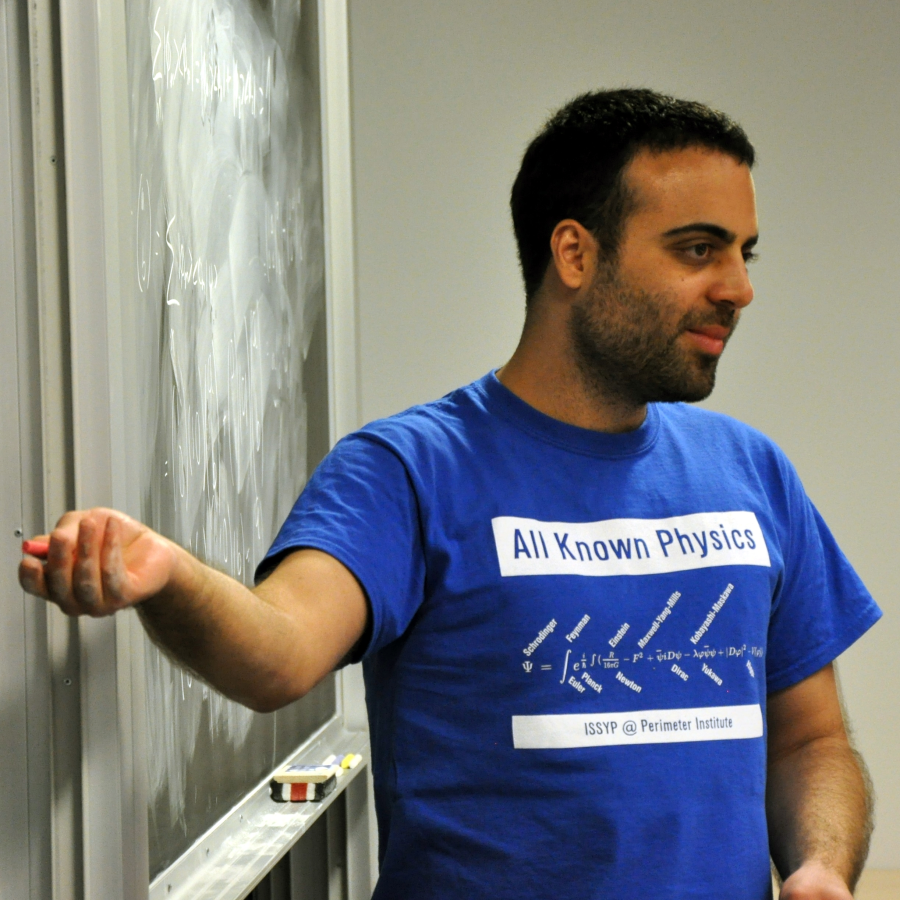
(July 2016)
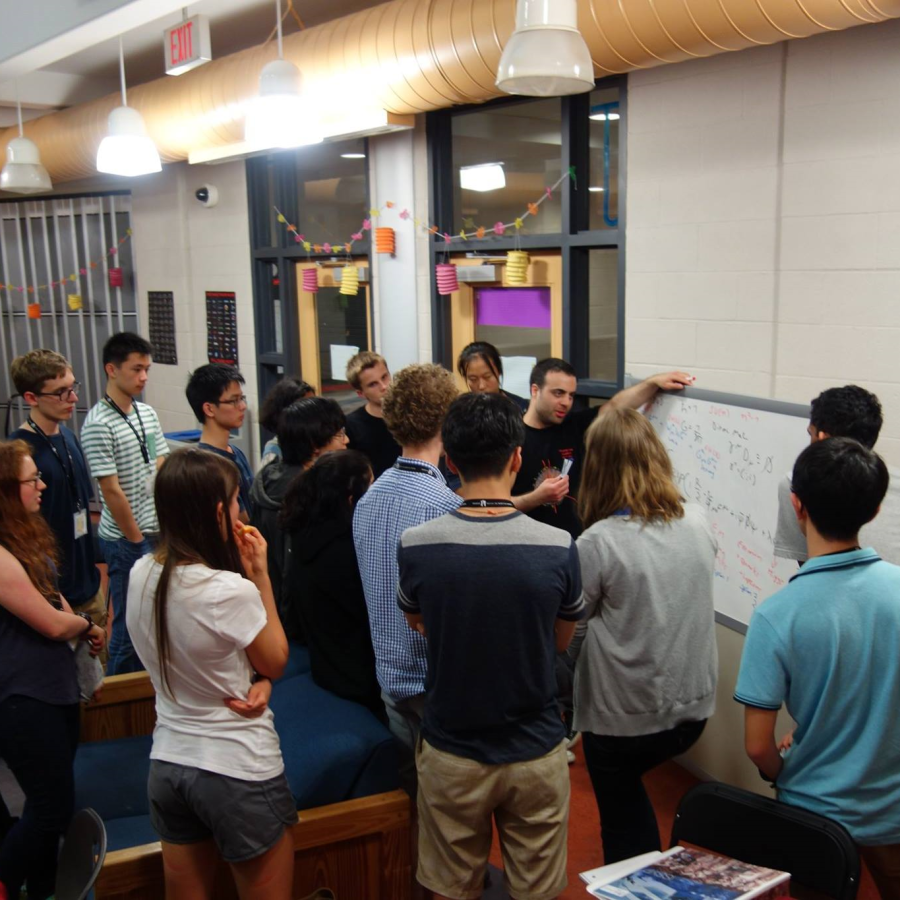
(July 2016)
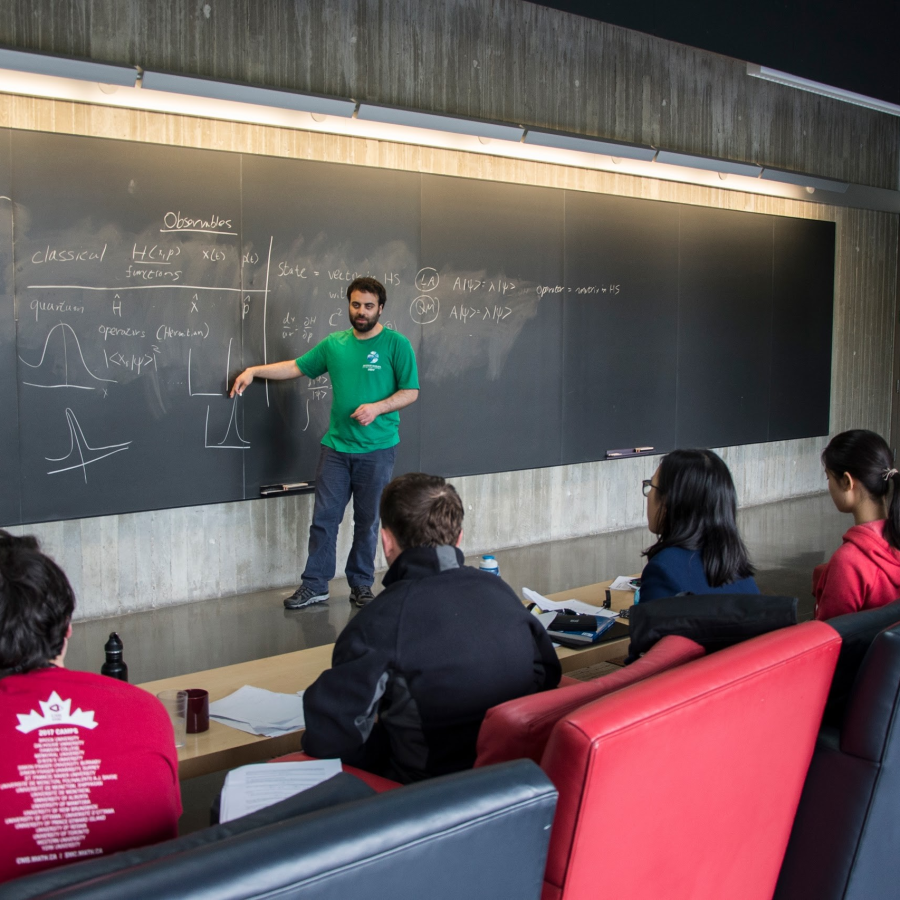
(July 2017)
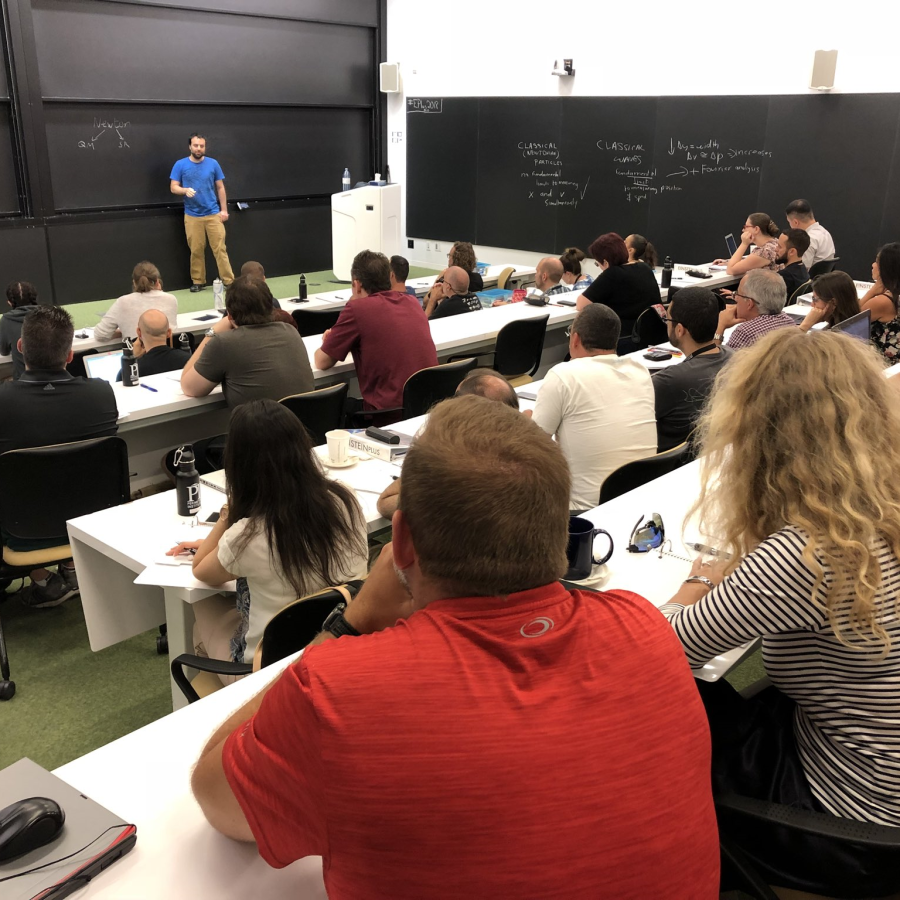
(July 2018)
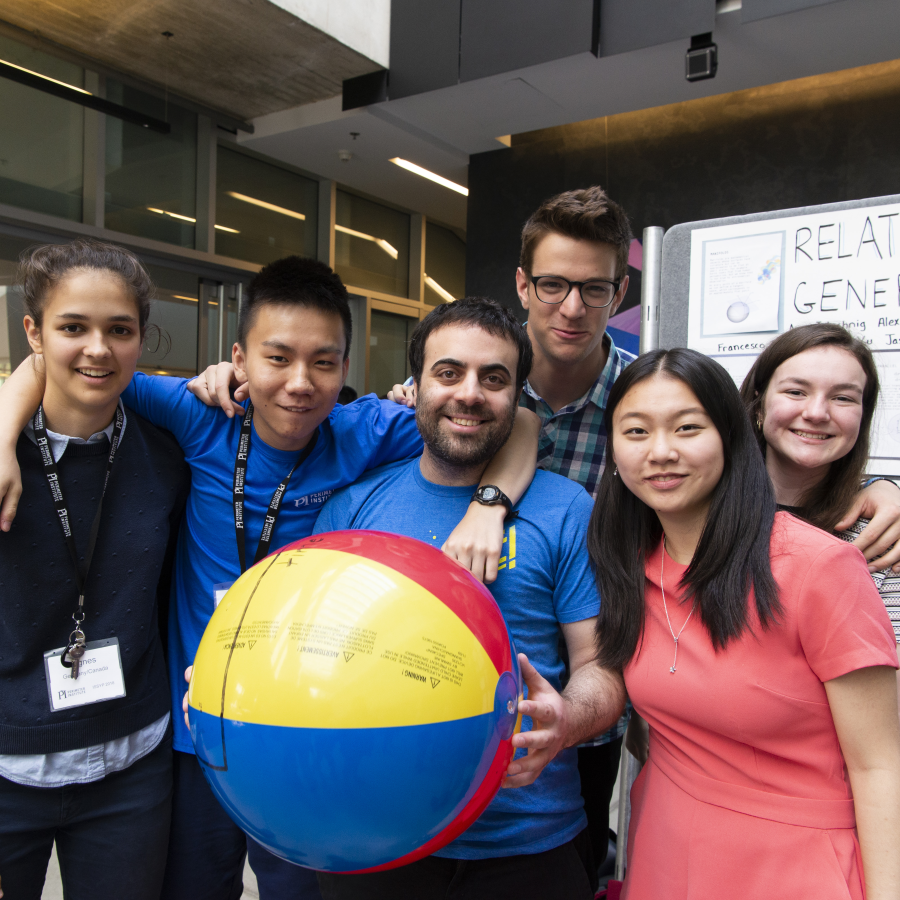
(July 2018)
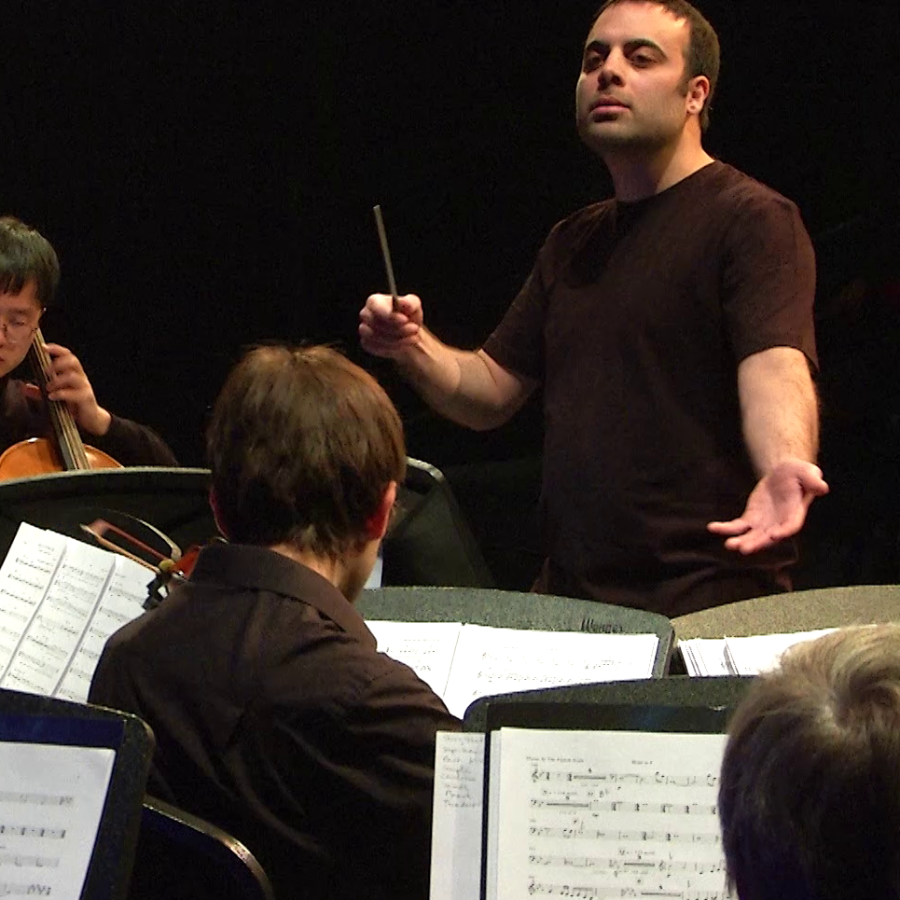
(December 2018)
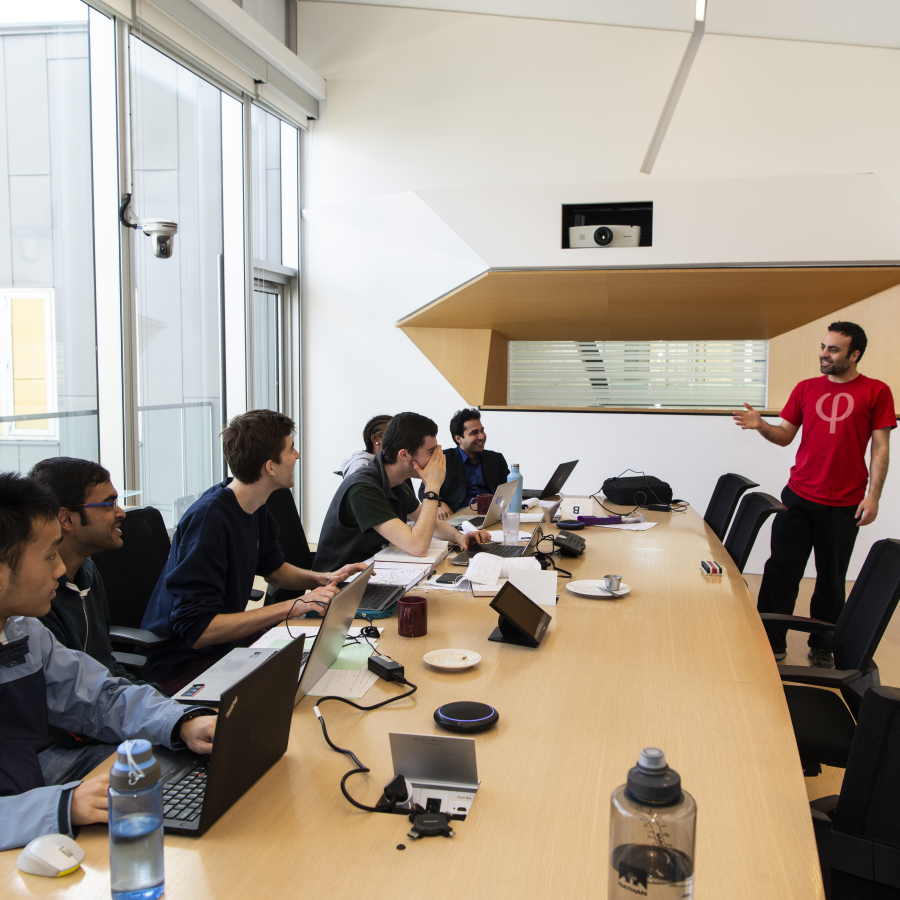
(June 2019)
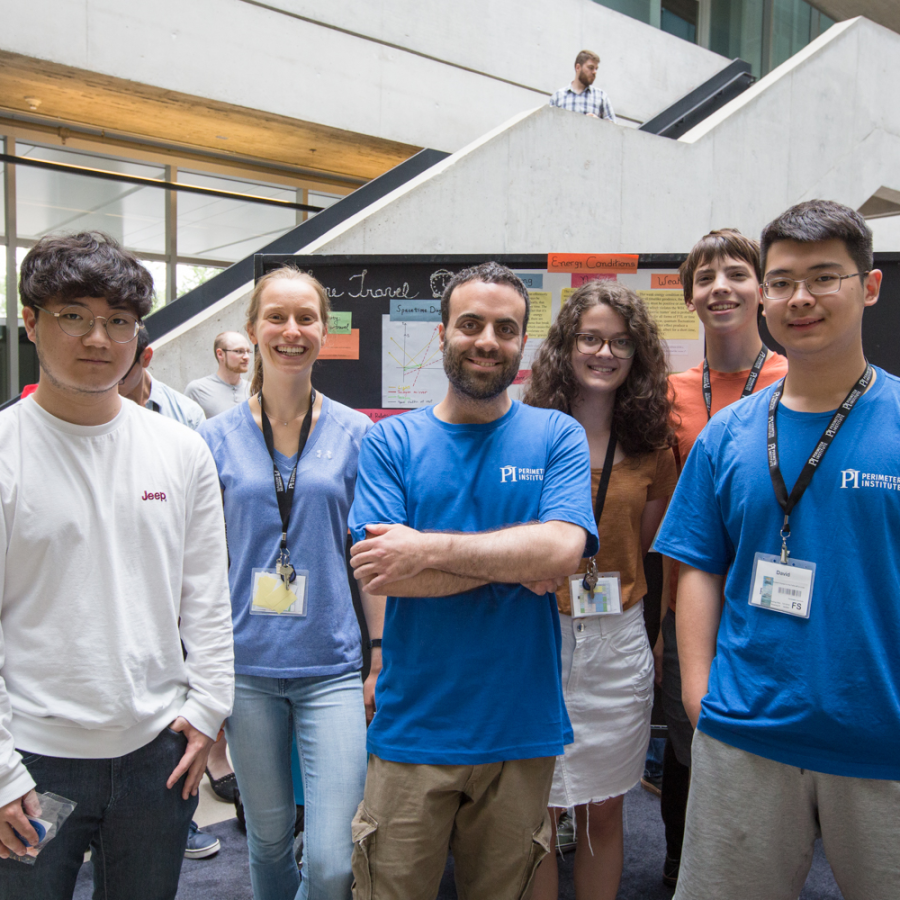
(July 2019)
"There is a theory which states that if ever anyone discovers exactly how to quantize gravity, the universe will instantly disappear and be replaced by a universe in which quantizing gravity is even harder. There is another theory which states that this has already happened."
- Paraphrased from "The Restaurant at the End of the Universe" by Douglas Adams
